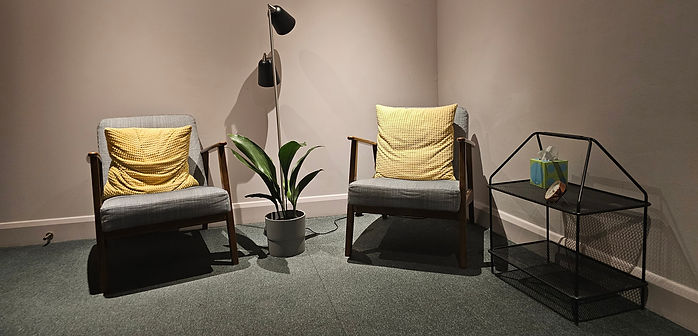
Interested in attachment?
Are you a psychotherapist or counsellor thinking about attachment in your clinical work?
Perhaps you have been wondering about how the different attachment styles work in real life and how that might affect the way you work with them?
Or are you reflecting on how your own attachment style affects the fit between you and your client?
If you have answered yes to any of the above, why not consider attachment-based supervision?
This could be as an add-on to your usual supervision, or as your main form of supervision.
You will benefit from the rich experience working with an attachment-based psychoanalytic supervisor trainee, who is an experienced psychodynamic counsellor and psychotherapist, CBT Therapist, Gender, Sexuality and Relationship Diverse (GSRD) Therapist and psychosexual and relationship therapist. I am a MBACP Senior Accredited Counsellor and Psychotherapist, a Registered Psychodynamic Counsellor with the BPC and Psychosexual and Relationship Therapist with the COSRT.
My training will cover various supervision models and theories (psychoanalytic, attachment-based, schema, person centred or parts work approaches etc) in order to identify your individual style, as well as accepting that you might have a therapeutic way of working which differs to your own.
Understanding psychotherapy within the context of attachment relationships means that we see it as a co-operative venture between therapist and client. The aim is to develop a secure base from which to explore the unconscious and experiences of loss and trauma. We see attachment relationships between individuals as being shaped by groups and society as a whole, over the life cycle.
I recognise the importance of mourning, which I see as vital when working through issues of abandonment, emotional neglect, trauma and abuse, whether sexual or physical. I foster and encourage the development of the true self within an authentic therapeutic relationship.
My approach to mental health is based on my curiosity to understand the specific ways which make a particular person vulnerable, hurt or struggle to cope and how an individual relates to their emotional and physical pain, whether this is with attention, engagement, attunement, which implies a secure base or with amplifying, catastrophising or dismissiveness which implies anxiety and attachment trauma.
I believe that discriminating structures in society have an impact on the individual and these need to be thought about and explored in the therapeutic space.
Supervision is not about ‘diagnosing’ a client’s attachment style - this is a highly specialised area requiring significant training, which I don’t have. I haven’t prioritised this because I don’t feel it’s helpful for clinical work. Using attachment for clinical benefit means understanding how a person’s attachment patterns help or hinder their ability to live fulfilling lives and to make relationships that really work for them. And we have all the information we need if we focus on what we see or feel in the interactions that happen in each session. Supervision through an attachment lens involves exploring the interface between the client and the therapist/counsellor, which may reverberate into the supervision relationship and field. I aim to create a space to explore all of this in supervision.
As a trainee supervisor I am only able to work with practitioners who have finished their training.
I offer very reduced fee.
My approach
I had my analysis with an attachment-based psychoanalytic psychotherapist for 7 years where I learnt a lot about being a therapist and compassion for my clients. I have greatly valued the support of my supervisor to provide optimal psychotherapy for my clients. When I started out as a trainee with my first client, I was nervous and terrified to see my first client on my first placement but I had a very supportive supervision. I am pleased to say that my fears were completely unfounded - the supervision I received (and continue to receive) was supportive, encouraging, challenging when it needed to be, knowledgeable, respectful and compassionate. I feel privileged to have been supported to develop my own individual clinical style and autonomy through this process.
And now, I feel keen to support others in the same way I have been supported. To pass the baton on to other clinicians. Clinicians like you - who want to develop their skills and knowledge around working with attachment.




